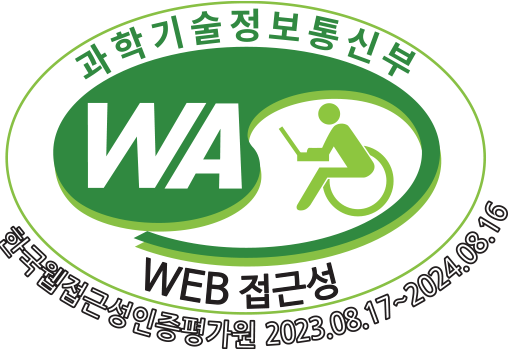
- Zone 1
The Establishment of Joseon Capital
1392–1863
This exhibit depicts Seoul during the Joseon Dynasty, from the establishment of the capital, Hanyang, to the opening of the port. It introduces the areas of Seoul, ranging from Unjongga, Yukjogeori, and Bukchon within the fortified Hanyang to Seongjeosimni outside the capital. It also presents diverse aspects of the everyday lives of Seoul’s inhabitants.
- 1Hanyang, Capital City of the Joseon Dynasty
- 2Hanyang & Two Wars
- 3Prosperity of Hanyang
- 4Villages Inside Seoul City wall
- 5Seongjeosimni : The 10-li Radius Outside the City Walls

- Zone 2
Seoul during the Port Opening and Korean Empire Period
1863–1910
This exhibition presents diverse scenes from Seoul during the time of the Korean Empire and the open port period. It was a time of sweeping changes, hen the Seoul citizens encountered influences and items from new cultures in their daily lives while Korea began carrying out significant reforms, fighting against foreign colonizing powers.
- 1Facing the World
- 2Opening up to the World
- 3The New Heart of Seoul, Jeong-dong
- 4The Street of Enlightenment, Jongno

- Zone 3
Seoul Under Japanese Colonial Period
1910–1945
In this exhibition, visitors bear witness to the grim lives of people in Gyeongseong, a colonial city that had lost its former urban identity under the Japanese occupation since 1910. Resistance grew against the colonizers and an independence movement formed, but at the same time, it was during this era that modern civilization began to mesmerize the citizens of Seoul.
- 1Gyeongseong, the Lost Capital Seoul
- 2Gyeongseong, the Symbol of National Resistance to Japanese Rule
- 3Gyeongseong, a Modern City
- 4Gyeongseong under the Shadows of War

- Zone 4
Seoul, the Capital of the Republic of Korea
1945–2010s
This exhibit room documents Seoul’s development from the 1945 liberation through the 2002 World Cup, showing in particular the transformation undergone by Seoul as it recovered from the devastation of the Korean War to achieve rapid growth, becoming a metropolis.
- 1Seoul after Liberation & in War
- 2Seoul in the 1950s–1960s: Seoul Rises Again
- 3Seoul in the 1970s : Let’s Move to Gangnam!
- 4The Lives of Seoulites
- 5Seoul in the 1980s : Seoul Becomes a Metropolis
- 6Millennium Seoul
In this exhibition, visitors bear witness to the grim lives of people in Gyeongseong, a colonial city that had lost its former urban identity under the Japanese occupation since 1910. Resistance grew against the colonizers and an independence movement formed, but at the same time, it was during this era that modern civilization began to mesmerize the citizens of Seoul.
















